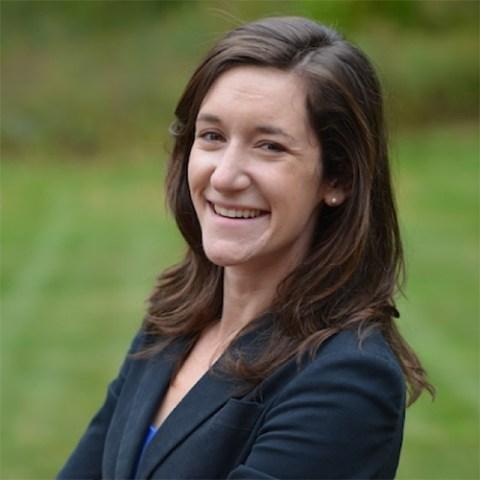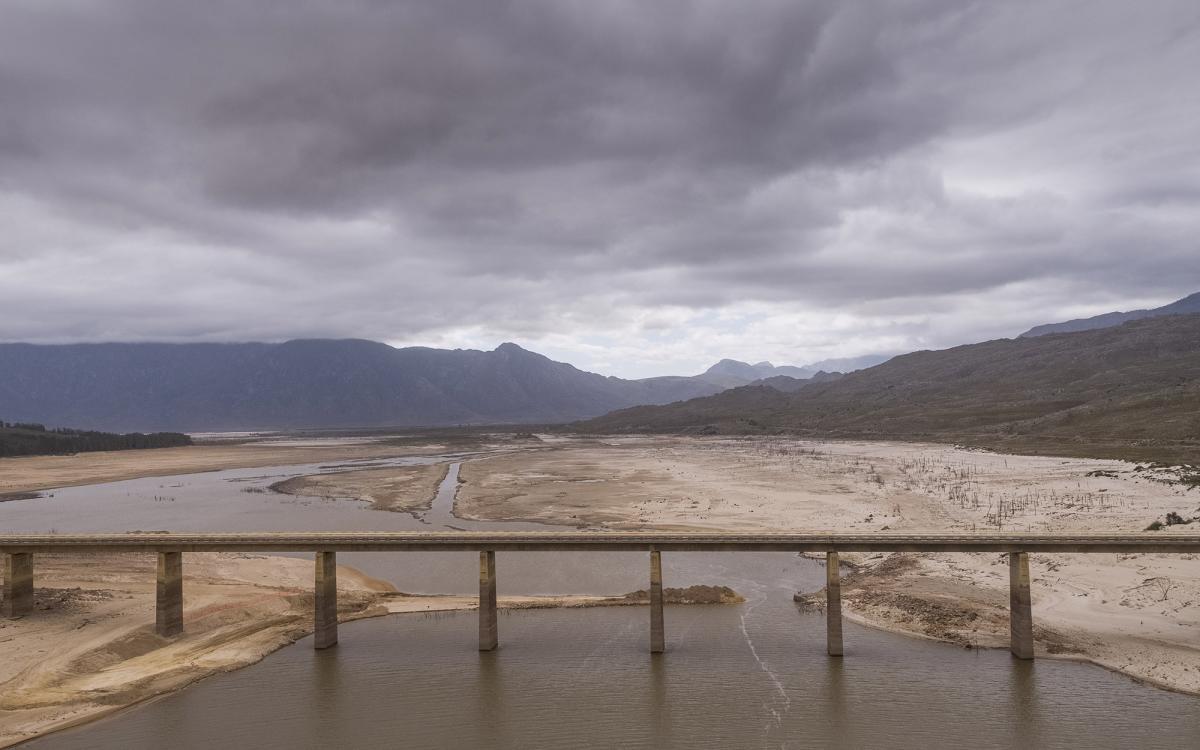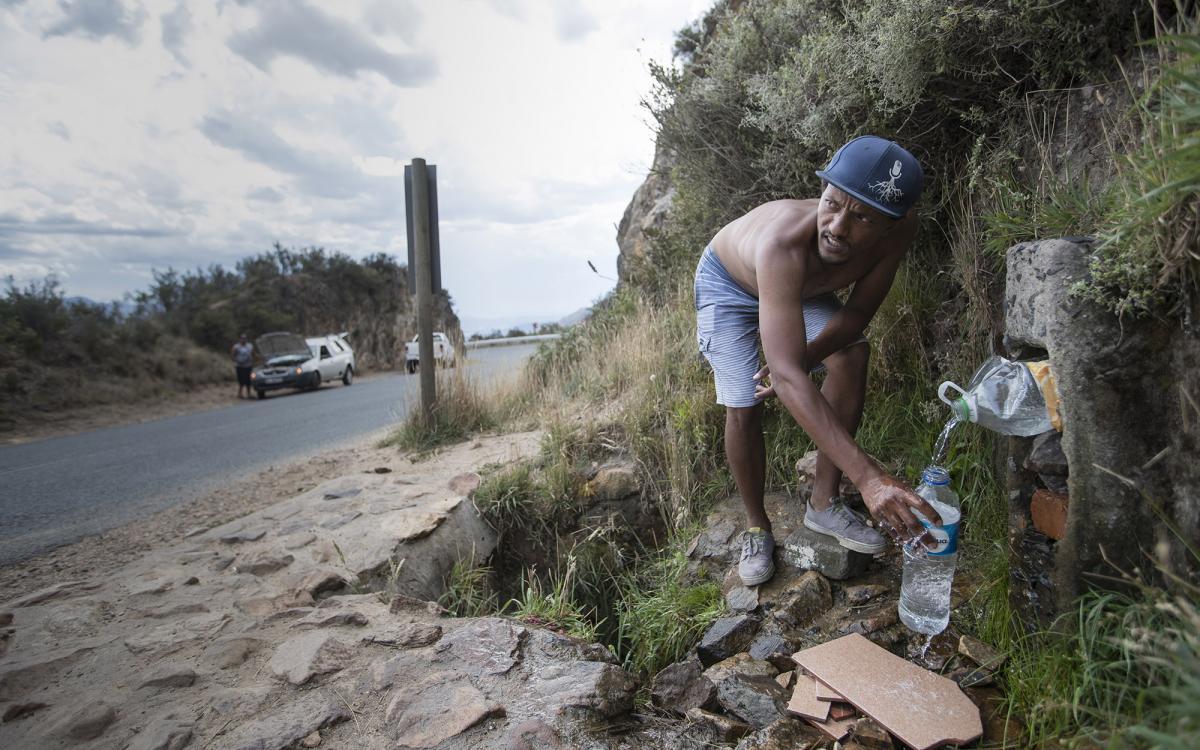Ceres, WWF Expand AgWater Challenge to Drive Water Stewardship in Ag Supply Chains
by Lindsay Bass, Eliza Roberts
Originally published by Sustainable Brands
Cape Town, South Africa could run out of water in a few months, literally turning off the spigot for some four million residents. If a solution to the crisis is not found, social unrest is feared. Beyond the human rights concerns, the region’s vegetable, citrus, grape and nut growers may face shortages as 40 percent of Western Cape Town’s water is currently allocated to agriculture.
This frightening scenario may play out with increasing frequency around the world, as population growth, water pollution and climate change place further stress on dwindling water resources. Forty percent of water demand is unlikely to be met by 2030, according to a recent U.N. report, and the value at risk to business is estimated at $63 trillion. Food companies, whose supply chains rely on 70 percent of the world’s water, ought to be paying attention.
And some are, as evidenced by the significant growth in agricultural sustainability standards that in recent years have come to represent a key mechanism through which large multinational firms address their sustainability goals, including for water.
To spur further growth in this promising area, Ceres and the World Wildlife Fund (WWF) created the AgWater Challenge, a joint initiative to help companies advance their sustainable sourcing strategies. Through the AgWater Challenge, Ceres and WWF work together with food and beverage companies to develop stronger, more transparent water stewardship commitments in agricultural supply chains.
Launched in 2016, with an inaugural group of seven companies — Diageo, General Mills, Hain Celestial Group, Hormel Foods, Kellogg Company, PepsiCo, and DanoneWave (formerly WhiteWave Foods) — the AgWater Challenge is now open to new food and beverage companies seeking to embrace water stewardship beyond their four walls.
Companies that join the challenge receive technical support from Ceres and WWF (and other NGO partners) in analyzing water issues within their supply chains, and in refining or making new sourcing commitments that enable them to better address their risk. Participating companies benefit from the opportunities for peer-to-peer learning on best practices for managing water risks, setting time-bound goals and engaging with growers.
Among the commitments recognized by the AgWater Challenge in 2016:
- General Mills completed a comprehensive risk assessment through which it identified eight high-risk watershed regions globally, including California. It pledged to develop water stewardship plans for these regions by 2025 by working with NGOs, farmers and other stakeholders.
- Hormel Foods’ plans include the development of a comprehensive water stewardship policy with management expectations that surpass regulatory compliance for its major suppliers, contract animal growers and growers that supply animal feed.
- Kellogg committed to responsibly source its global 10 priority ingredients by 2020 through continuous improvement for row crops via water and fertilizer use metrics. The company’s water sustainability efforts are supporting 17,000 agricultural suppliers, millers and farmers across 22 countries helping them optimize water use and enhance watershed quality.
- PepsiCo committed to working with its agricultural suppliers to improve water efficiency within its supply chain by 15 percent by 2025 (using a 2015 baseline) in high water risk sourcing areas, with a specific focus on India and Mexico. PepsiCo’s AgWater Challenge goals cover all of its major crops directly sourced, such as potatoes, corn, oats and citrus, as well as other key commodities directly contracted and indirectly procured.
These companies’ commitments reflect their understanding that, as major global food brands, they can be a powerful and constructive force for scaling water stewardship, especially at the farm level — where the biggest footprint is by far.
And they’re not alone in seeing the rising risks to our water supply. Sixty-eight percent of companies believe that exposure to water risk could generate a substantive change in their business, operations or revenue, according to a 2014 Carbon Disclosure Project (CDP) report.
For food companies, sustainable sourcing is a smart strategy for mitigating water risk, and the AgWater Challenge is a resource for companies wherever they may be on their journey for water stewardship.
As Jerry Lynch, Chief Sustainability Officer at General Mills, put it, “The challenges facing our company and our planet are more pressing than ever, so we have to build resiliency in our supply chains to ensure that we can continue to serve the world by making food people love. Our ambition through the AgWater Challenge and all of our water initiatives is to lead by example and we hope to encourage others to do the same.”
To join, please contact Lindsay Bass, WWF Manager for US Corporate Water Stewardship or Eliza Roberts, Ceres Senior Manager for Agriculture Water Stewardship.
---
Also, join us at SB’18 Vancouver, June 4-7 in Vancouver, Canada. Eliza Roberts will moderate a panel, "Building Brand Value While Mitigating Your Water Risk," featuring several food and beverage companies. Stay tuned for details.




